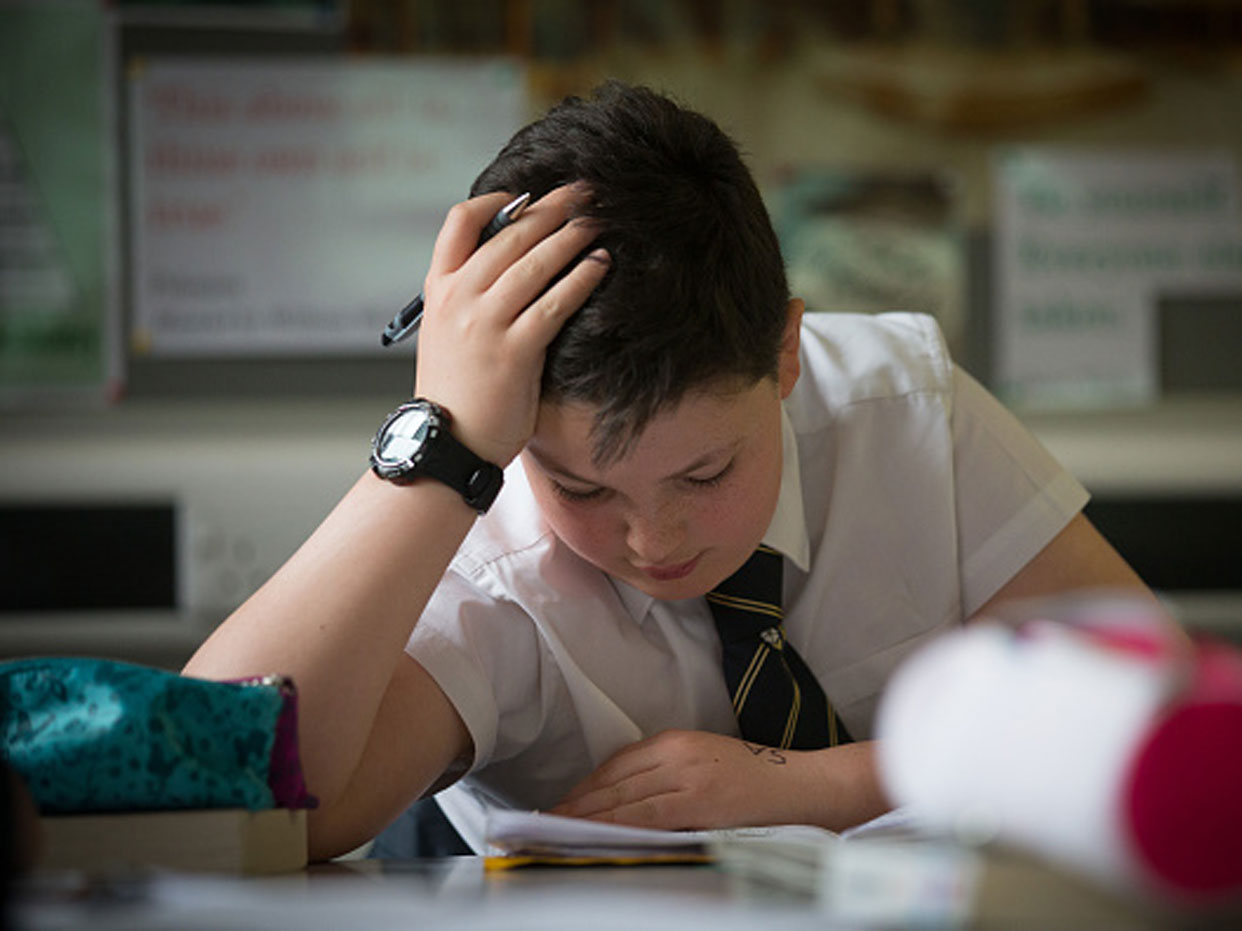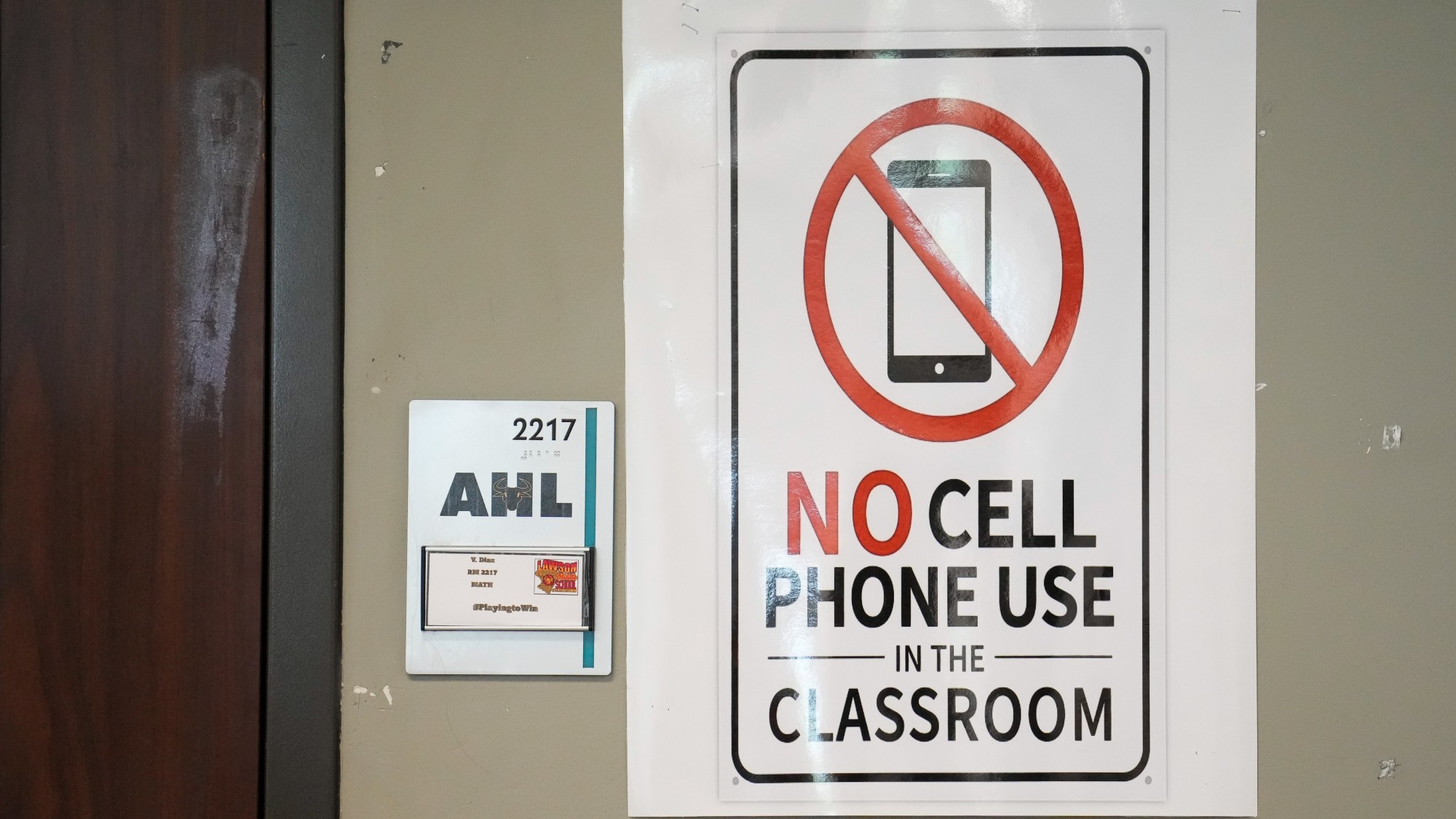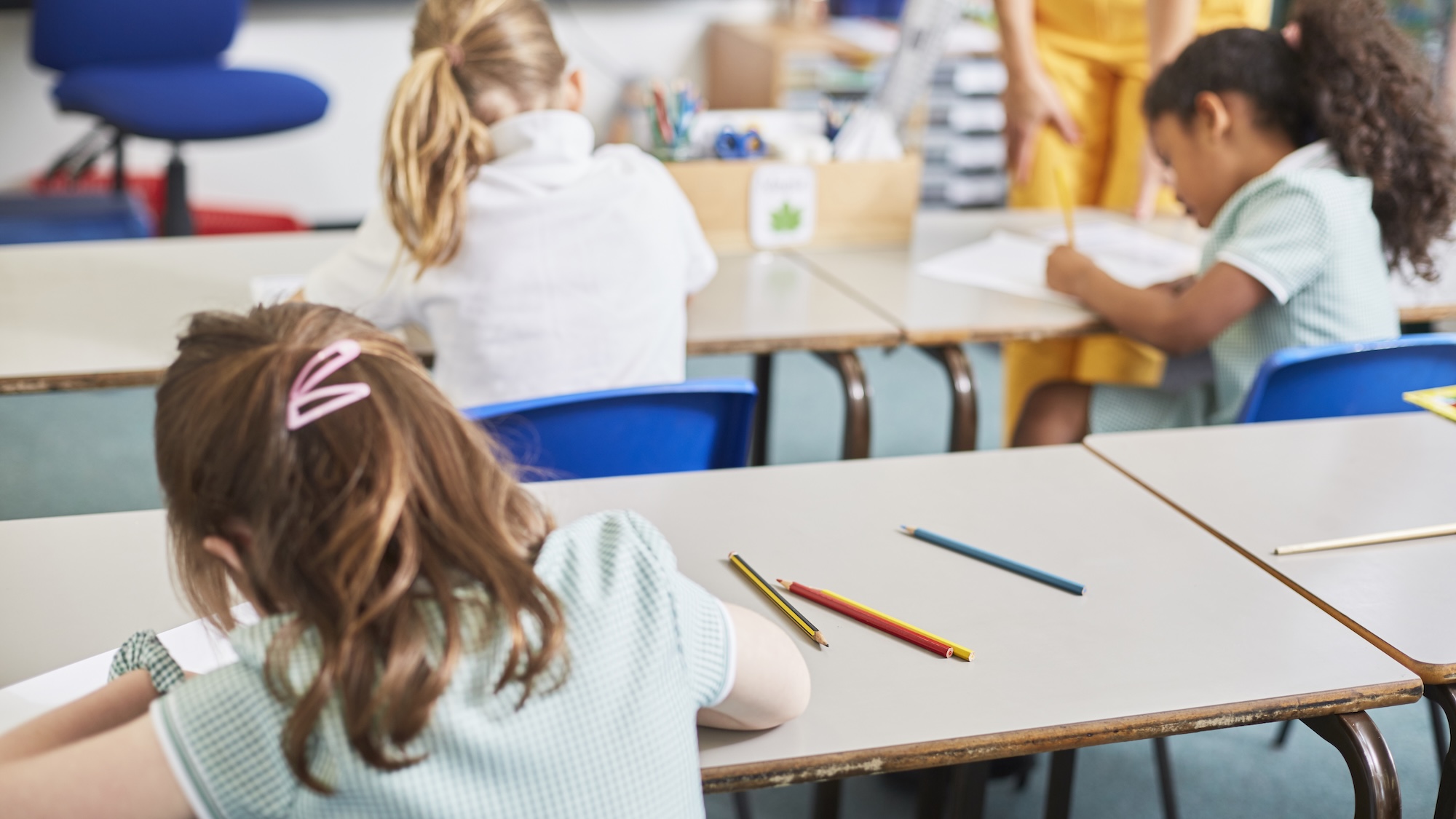Ofsted’s widespread downgrading of British schools
Watchdog says lower ratings show inspections are needed but teaching leaders voice their criticism

A free daily email with the biggest news stories of the day – and the best features from TheWeek.com
You are now subscribed
Your newsletter sign-up was successful
Hundreds of schools previously rated as “outstanding” have been downgraded by Ofsted following their first inspections in many years.
The general downgrading proves that leaving a school to its own devices does not make it better, according to Ofsted, but anger is growing among teachers over the “brutal” inspections.
Why were schools revisited?
During the last academic year, more than 500 schools were visited after a clause that made them exempt from frequent reinspection was lifted. Introduced by Michael Gove in 2012, the clause meant outstanding schools didn’t need regular visits unless there were specific concerns.
The Week
Escape your echo chamber. Get the facts behind the news, plus analysis from multiple perspectives.

Sign up for The Week's Free Newsletters
From our morning news briefing to a weekly Good News Newsletter, get the best of The Week delivered directly to your inbox.
From our morning news briefing to a weekly Good News Newsletter, get the best of The Week delivered directly to your inbox.
However, the exemption was lifted in 2020 after Ofsted warned that over a thousand schools had not been inspected in at least ten years, said Schools Week.
Amanda Spielman, Ofsted’s chief inspector, said it was “concerning that quite a significant number have been marked as needing improvement”, said the BBC. Of the 370 schools it inspected in 2021-22, 17% had gone from “outstanding” to “requires improvement”. The majority (62%) became “good”, while 4% are now rated “inadequate”. So only 17% of schools retained their outstanding rating.
The exemption was “founded on the hope that high standards, once achieved, would never drop”, said Spielman and that “freedom from inspection might drive them even higher”. However, she added, the latest results “show that removing a school from scrutiny does not make it better”.
Why were so many downgraded?
In the first flurry of inspection reports last November, 74% of schools lost their outstanding status. At one primary school, inspectors noted that “leaders’ plans for improvement have slowed because of the pandemic” while an infant school was marked down due to weaknesses in the reading curriculum” which “stifled” pupils’ progress.
A free daily email with the biggest news stories of the day – and the best features from TheWeek.com
However, reported Schools Week, unions felt a “lack of understanding” from the watchdog has led to suspicions that primaries are dealt with “particularly harshly”. Smaller staff numbers in primaries and limited access to subject specialists create “disadvantages”, said leaders.
Some head teachers said Ofsted marked their schools down because their pupils were not making progress, “largely because the schools were so good to begin with”, said The Telegraph, while others have been re-designated for not having proper “safeguarding” policies.
What does this mean for Ofsted?
The news comes amid growing criticism of Ofsted. In April, Frank Coffield, emeritus professor of education at the UCL Institute of Education, argued that Ofsted “causes more harm than good”.
In an article for the National Education Union, he argued that even “able teachers” are “evaluated incessantly”, adding that “the pressures created by Ofsted cascade down through the system increasing teachers’ stress and workloads to the point of exhaustion and burn-out”.
Ofsted inspections are “thoroughly discredited” and “frequently unreliable”, Kevin Courtney, the general secretary of the National Education Union, told The Times. Calling for a “root and branch review of the way schools are inspected”, he said Ofsted is “driving good teachers away and making education worse”.
Heads have shared stories of “brutal” inspections on social media, reported The Guardian last year. Ruth Swailes, an adviser to primary schools, told the paper that “one of the most brilliant heads she has ever worked with” was planning to quit because she couldn’t face another inspection.
Although the regulator insisted it had performed an objective, up-to-date assessment and not picked out selective schools for regrading, opponents of grammar schools have “latched on to the findings”, said The Telegraph, arguing the inspections have “put back the case for expanding their number because they are not improving”.
However, argues a leader in the paper, the “opposite is true” because the country’s 163 remaining grammars were still the best performing schools, with 80% rated “outstanding”, compared with about 19% of other schools.
Chas Newkey-Burden has been part of The Week Digital team for more than a decade and a journalist for 25 years, starting out on the irreverent football weekly 90 Minutes, before moving to lifestyle magazines Loaded and Attitude. He was a columnist for The Big Issue and landed a world exclusive with David Beckham that became the weekly magazine’s bestselling issue. He now writes regularly for The Guardian, The Telegraph, The Independent, Metro, FourFourTwo and the i new site. He is also the author of a number of non-fiction books.
-
 6 exquisite homes with vast acreage
6 exquisite homes with vast acreageFeature Featuring an off-the-grid contemporary home in New Mexico and lakefront farmhouse in Massachusetts
-
 Film reviews: ‘Wuthering Heights,’ ‘Good Luck, Have Fun, Don’t Die,’ and ‘Sirat’
Film reviews: ‘Wuthering Heights,’ ‘Good Luck, Have Fun, Don’t Die,’ and ‘Sirat’Feature An inconvenient love torments a would-be couple, a gonzo time traveler seeks to save humanity from AI, and a father’s desperate search goes deeply sideways
-
 Political cartoons for February 16
Political cartoons for February 16Cartoons Monday’s political cartoons include President's Day, a valentine from the Epstein files, and more
-
 The pros and cons of banning cellphones in classrooms
The pros and cons of banning cellphones in classroomsPros and cons The devices could be major distractions
-
 School phone bans: Why they're spreading
School phone bans: Why they're spreadingFeature 17 states are imposing all-day phone bans in schools
-
 Schools: The return of a dreaded fitness test
Schools: The return of a dreaded fitness testFeature Donald Trump is bringing the Presidential Fitness Test back to classrooms nationwide
-
 Send reforms: government's battle over special educational needs
Send reforms: government's battle over special educational needsThe Explainer Current system in 'crisis' but parents fear overhaul will leave many young people behind
-
 Education: Can public schools be religious?
Education: Can public schools be religious?Feature A Supreme Court seems ready to rule in favor of religious charter schools in Oklahoma, which could reshape public education
-
 America's academic brain drain has begun
America's academic brain drain has begunIN THE SPOTLIGHT As the Trump administration targets universities and teachers, educators are eying greener academic pastures elsewhere — and other nations are starting to take notice
-
 Schools' Send crisis: how can it be fixed?
Schools' Send crisis: how can it be fixed?Today's Big Question Government urged to reform support for children with special educational needs and disabilities and save councils from bankruptcy
-
 Unschooling: the radical education trend raising eyebrows
Unschooling: the radical education trend raising eyebrowsUnder the radar Some parents are letting their children lead their education